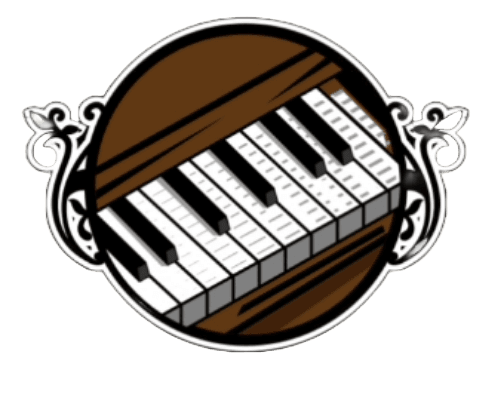How to Prepare for Your First Piano Lesson: Expert Tips from William's Piano Studio
Getting Started: Setting the Right Expectations
Starting your journey with the piano can be both exciting and a little daunting. At William's Piano Studio, we understand that the first lesson is crucial for setting a positive tone for future learning. It's essential to come with an open mind and a willingness to learn. Remember, every great pianist started with a single note, and with dedication and practice, you'll be playing beautiful music in no time.
Before you arrive, familiarize yourself with the basics of the piano. Knowing the names of the keys and understanding simple music notation can provide a helpful head start. However, don't stress if this feels overwhelming—your instructor will walk you through everything step by step.

Choosing the Right Equipment
Having the right equipment is crucial for your musical journey. If you haven't already purchased or rented a piano or keyboard, it's time to do so. While a full-sized acoustic piano is ideal, a digital keyboard with weighted keys can also suffice, especially for beginners. Ensure your instrument is in good condition, as this will enhance your practice sessions and learning experience.
Additionally, you'll need a comfortable bench or seat at the correct height to promote good posture while playing. Invest in a metronome, which will help you learn timing and rhythm. These tools will become indispensable as you advance in your lessons.
Preparing Mentally and Physically
Before your lesson, take some time to relax and clear your mind. Being mentally prepared will help you absorb information more effectively and enjoy the learning process. Get a good night's sleep and eat a light meal beforehand to ensure you have the energy and focus needed for your lesson.
Physically, ensure your hands are clean and nails are trimmed. Long nails can hinder your ability to press the keys correctly. Stretching your fingers and wrists before starting can also help prevent fatigue and increase flexibility.

What to Bring to Your First Lesson
Come prepared with a notebook and pen to jot down important notes and tips from your instructor. This will serve as a valuable reference as you practice between lessons. Bring any sheet music or books that you might already have, even if they're beginner-level materials. Your instructor can help assess your current level and suggest additional resources.
Don’t forget to bring a positive attitude and eagerness to learn. Your enthusiasm can significantly enhance your learning experience, making it more enjoyable for both you and your instructor.
Setting Goals and Expectations
Discuss your goals with your instructor during the first lesson. Whether you aspire to play classical masterpieces or simply want to enjoy some modern tunes, having clear objectives will guide your lessons and practice sessions. At William's Piano Studio, we tailor our teaching approach based on each student's unique aspirations and learning pace.

Be patient with yourself as you embark on this musical journey. Progress may seem slow at first, but with consistent practice and dedication, you'll notice significant improvements over time. Remember that learning an instrument is a marathon, not a sprint.
